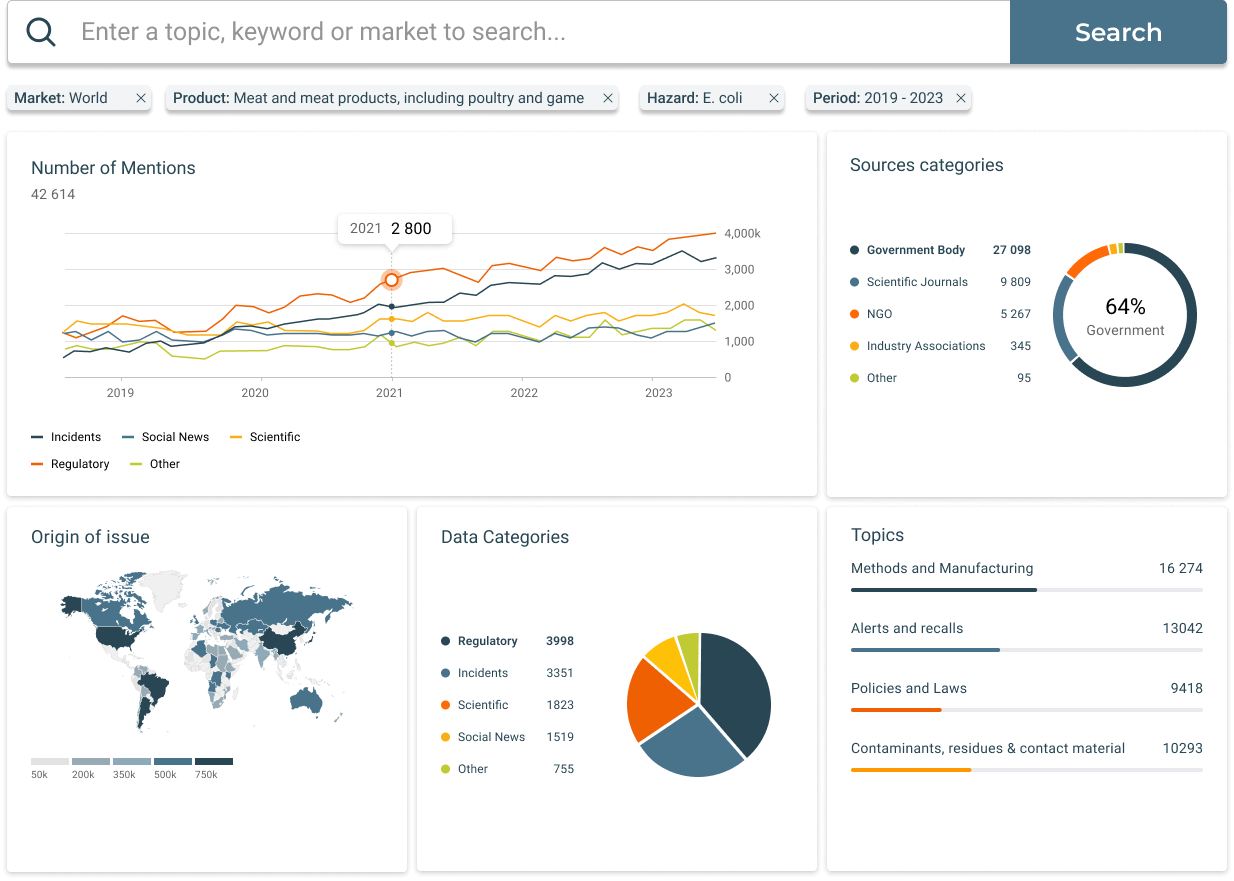
For almost a decade and a half, merchants have relied on the merchants Union for informative and engaging material. It’s one of a kind since each article is prepared by a different group of expert, impartial analysts. They advise Traders Union readers on what to look for in a broker, digital bank, or cryptocurrency exchange. merchants Union’s ratings are made with one purpose in mind: to aid merchants in selecting reputable businesses offering favorable terms. The website’s articles, reviews, and advice are all written with the goal of educating visitors about financial instrument investment. If you’re serious about making money trading currencies, derivatives, or securities, you should check out the Traders Union review page.
Table of Contents
Traders Union Cryptocurrency Platform Rating
Year over year, cryptocurrency trading has grown in popularity on the world’s financial exchanges. The Traders Union keeps a close eye on the market, which is why they offer a bitcoin exchange rating on their website. Just like with all of our other ratings, this one gets an update every month. Only trustworthy markets offering the finest trading conditions and customer service are ranked highly. The cryptocurrency exchange Binance is an example of such a business. Traders Union consistently ranks Binance as one of the top five exchanges due to the site’s popularity, responsible attitude to protecting client cash, and minimal fees.
Reduced Trading Costs through Various Means
Use a Share-Based Pricing Model
If you only make occasional trades, utilizing a broker that charges you on a per-share basis could help you save money on transaction costs. Instead of charging a flat fee for each trade, some brokers assess a little commission on each share traded. If you place a lot of orders, the cost of your broker’s commission per share could build up quickly. However, if you just buy a few shares at a time, it may be beneficial to use this form of pricing. One example of a broker that deals in the price of individual shares is Interactive Brokers.
Use Zero Fee Broker
Using a broker with no trading fees, such as Robinhood or Charles Schwab, is likely your best bet for saving money on trading costs. As per IBTimes website, these brokers sell retail trades to market makers “off-exchange,” allowing the latter to circumvent paying the NYSE’s or any other exchange’s transaction costs. The retail trader can use this method to make trades at zero commission. You should be aware that “zero commission” brokers may charge other fees. Those in favor of the practice point to the fact that brokers can earn interest on their clients’ deposits while still profiting from lending to margin traders. This theory proposes that the decision to forego commission is a ploy to lure consumers into paying for services. However, detractors say that these brokerages may be overcharging clients because of inherent conflicts of interest. In other words, the brokerage may not charge a commission, but the customer may pay more for the assets they purchase. Brokers have a legal responsibility to find the lowest possible price for their clients. Perhaps the opponents are just barking up the wrong tree, as no large zero-commission brokerage has been found to be in violation of the law in this regard. Thus, you may choose to employ such a brokerage if you disagree with the naysayers of commission-free trading. Or, if you share the opinion of the naysayers, you could do well to steer clear of this brokerage altogether.
Use a Broker with Predetermined Fees
If you are currently paying per share and place large orders frequently, moving to a fixed price broker may help you save money. In a system with set prices, the fee paid by traders remains constant regardless of the size of their orders. The commission remains the same whether you invest $20,000 or $200,000. According to the article in FinanceFeeds, it implies that the percentage of the trade’s total value that goes toward commission’s decreases with the size of the transaction. This could assist reduce expenses for traders with large trading accounts who don’t frequently move in and out of positions. The standard price structure employed by the majority of major brokers is a set rate.

![100+ Trading Pictures [HD] | Download Free Images on Unsplash](https://images.unsplash.com/photo-1611974789855-9c2a0a7236a3?ixlib=rb-4.0.3&ixid=M3wxMjA3fDB8MHxzZWFyY2h8Mnx8dHJhZGluZ3xlbnwwfHwwfHx8MA%3D%3D&w=1000&q=80)







